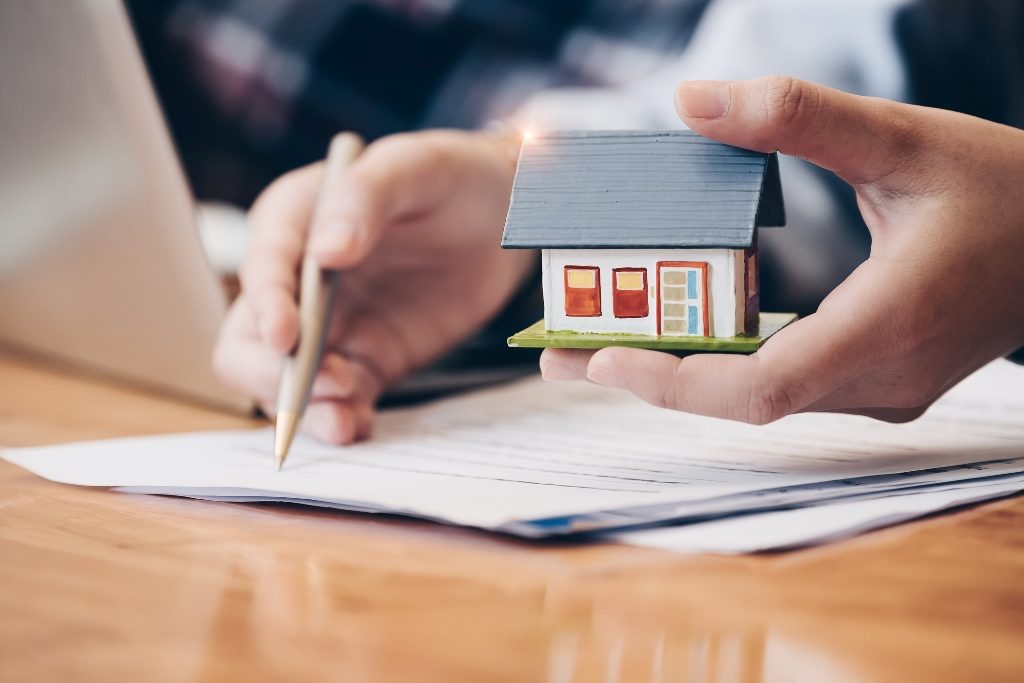
You have reached that point when you finally have to sell your precious home. If it were solely up to you, how much would you price your property? How does your price compare to that of recently sold homes in your neighborhood?
When pricing a home, many sellers mistakenly focus on how much the property is worth to them instead of how much their home should go for in the market.
Allowing what you feel dictate your price point – which is often higher than the home’s actual market value – may end up turning off buyers. The longer your home remains unsold, the more suspicious buyers become of the reasons your home has no takers.
To make sure your home doesn’t languish in the market, here’s how to price it right.
- Don’t factor in repair costs
- Don’t base your price solely on your neighbor’s listed price
- Don’t consider the original price of your home
- Don’t expect your old home to pay for your new house
- Don’t rely on square footage alone
- Don’t take what the internet says as gospel truth
Replacing the roof, repainting the exterior, and updating old windows are smart ways to make your home more enticing to buyers, but you shouldn’t really treat these repair costs as an added feature to boost your asking price. Buyers expect your home to be in good overall condition, so it shouldn’t factor in your home’s price tag.
When you find out about your neighbor’s listed price, don’t think you can sell your home at more or less the same amount. Remember that the price that’s listed and the actual selling price can be two very different things. Your neighbor may have sold the property below its original asking price without you knowing about it. If you go on the listed price alone, you could be unknowingly overpricing your property.
Real estate markets can change quickly in a short time. What you paid for your home, especially if you bought it more than two years ago, has little to do with how much you should ask for it today. Of course, it’s useful to know your home’s old sales price, but put it in the context of what’s happening in the market today.
You need $500,000 for the new home you’re eyeing, so it seems to make sense to price your old home in a way that will allow you to pocket that amount cleanly. Unfortunately, your financial situation isn’t relevant to a buyer, and what you hope to get out of your home sale has no bearing on its market value.
It’s an easy conclusion to make – more square footage means more space, and ultimately, a higher price tag. However, it doesn’t always follow – a smaller condo can cost more than a spacious single-family home. You can use your home’s square foot average as a price guideline, but it would be a mistake to rely on it heavily when pricing your home.
Nowadays, there are plenty of websites and apps that you can use to help you price your home. But be careful about those that say they’re 100% accurate – the most trusted websites won’t make that claim. Instead, they’ll advise you to use the information as a guide and not as a substitute for specific local real estate market knowledge.
Avoid the confusion involved in pricing your home for sale. The Noel Team has all the experience, knowledge, and tools you need to ensure your home is priced correctly and competitively. Call 303.774.9400 or email sjnoel(at)remax(dotted)net today to learn how we can help you sell your home in Longmont, Boulder County, Weld County, and Larimer County in Colorado.


